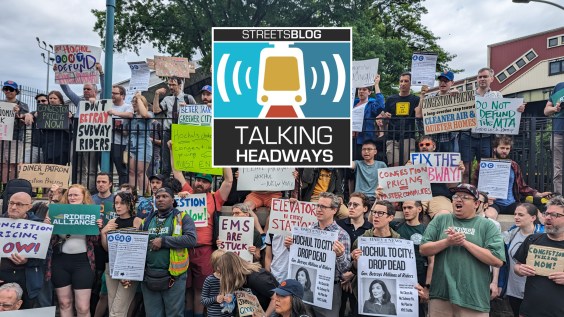Haystack, the latest app allowing drivers to sell access to a parking space, blazed across the Internet this month after Boston Mayor Martin Walsh threatened to ban it. Valleywag called it a "scourge." The Awl compared it to profiteering off access to clean water. The haters have it wrong though: The apps aren't screwing over the public -- local governments are.
Following on the heels of MonkeyParking, Haystack is a recent Baltimore-based entry that borrows heavily from car service Uber for its look and feel. If you're new to the grey market of sell-your-parking-spot apps, take a look at the promotional video. The premise is simple: A driver about to leave a parking spot can use the software to sell the space to another app-using driver cruising for parking. Haystack also has a "make me move" feature where users offer to move their vehicles for the right price, even if they hadn't planned on going anywhere.
The video itself is a bit much. Over cheery music, a smiling young woman about to drive around Baltimore says things like, "Together, we did our part to make our neighborhood a little greener."
Go ahead and vomit at the smugness of the marketing campaign. But putting a price on curbside parking isn't a bad thing. It's just that these apps are a poor substitute for real public policy that manages the curbside parking supply for the public good.
The ability to store private vehicles for free on scarce public street space is not an inalienable human right, nor does it make cities more equitable. In fact, underpriced car storage has a whole host of negative consequences. In New York, for example, most parking is free or underpriced, so there usually aren't too many open spots. That leads drivers to circle in vain, clogging the streets and slowing down transit. With a better system of curbside parking management, New York would have faster buses, better air quality, and safer streets -- not to mention less double-parking, fraud, and maybe even physical violence.
And if cities actually charged the optimal price for parking, the value of curbside parking spaces would be captured by the public instead of being pocketed by a small population of app users. Governments could use the money to improve schools, or transit, or to make streets safer for walking and biking.
So far, most cities have demonized the apps without confronting their own broken parking policies. In a statement against Haystack, Boston Mayor Martin Walsh said the app "may artificially inflate the cost of spaces." But if people are willing to pay more for the ability to access a parking spot, local governments and the public they serve are the ones missing out on the benefits. The status quo that Walsh is defending is essentially a subsidy for parking that hinders transit and street safety.
It's easy to get mad at parking-for-profit app makers. The object of derision, though, should be local governments and the political refusal to change policies that created an opening for these apps in the first place.





